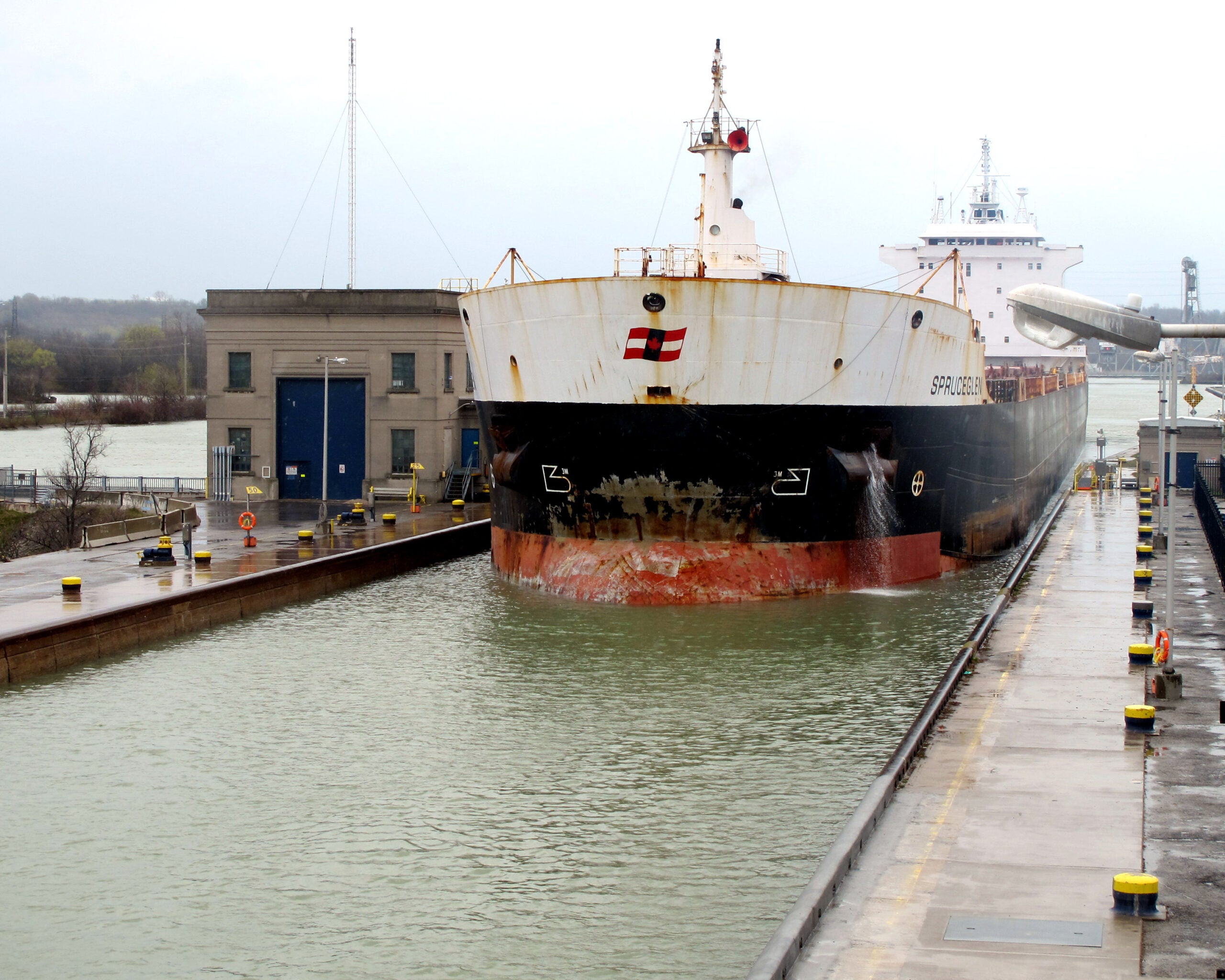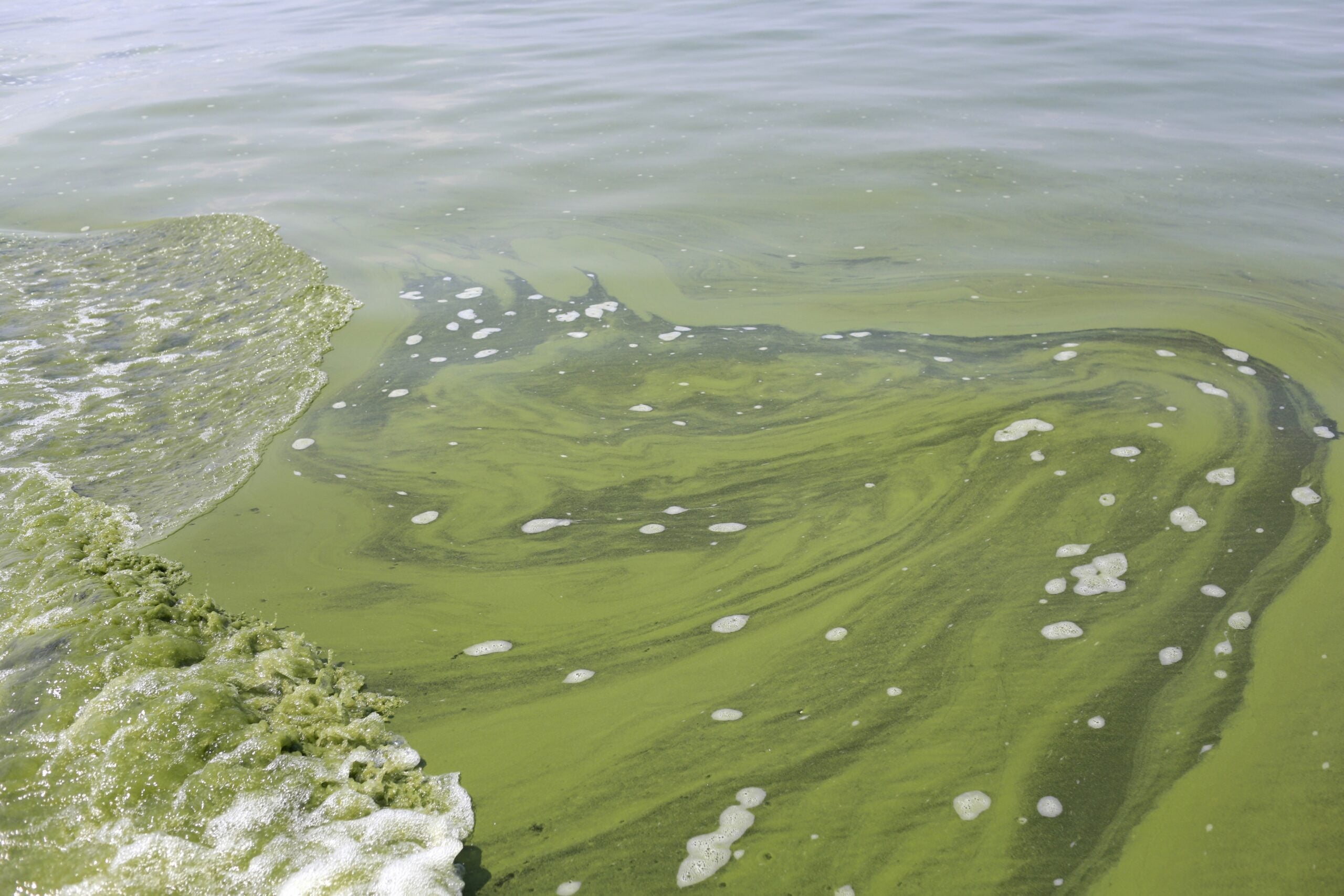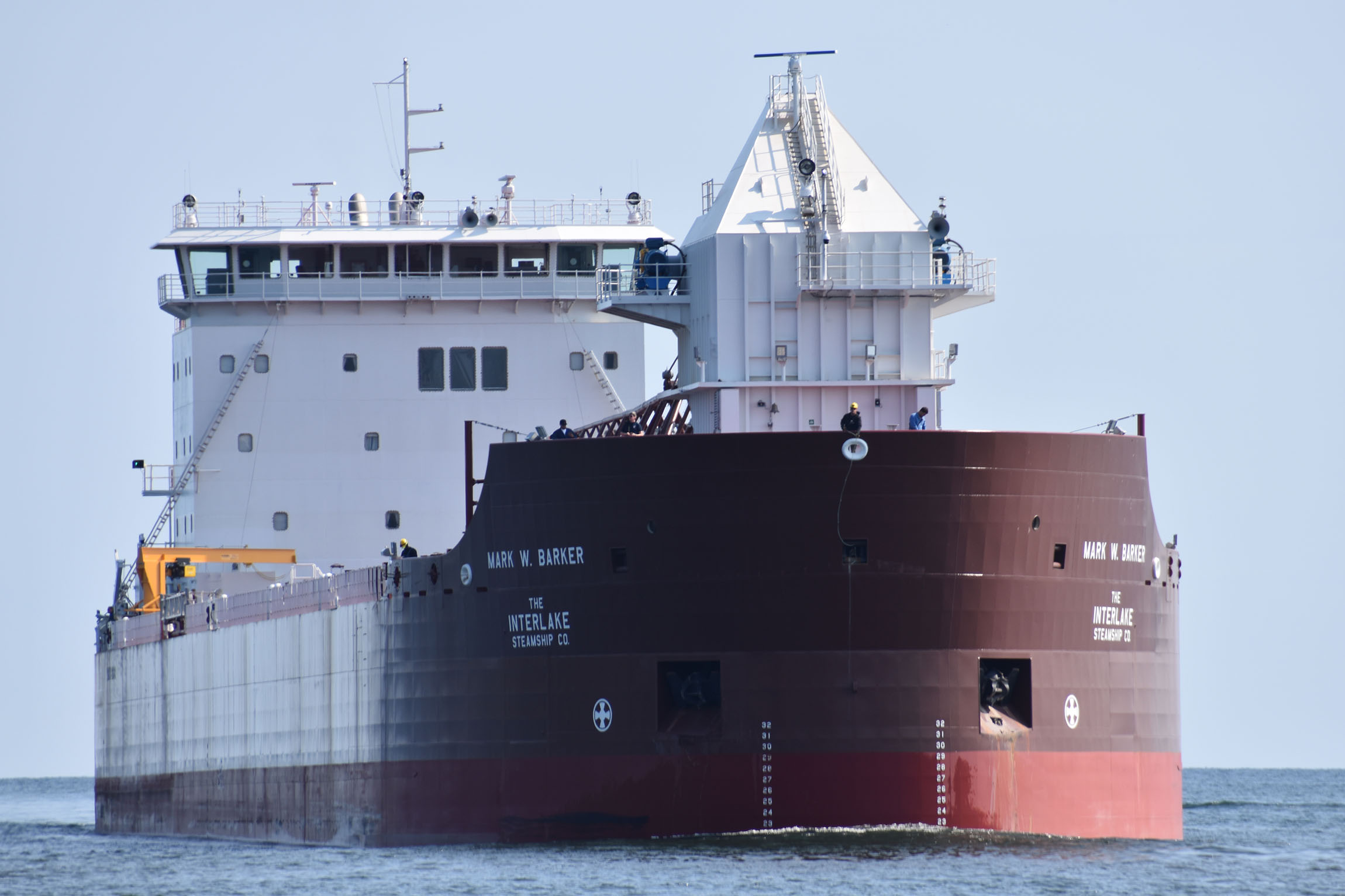The U.S. Senate is set to vote on a bill as early as Wednesday that environmental groups claim will weaken clean water protections and leave the Great Lakes vulnerable to invasive species. But it has support from the shipping industry, which argues the measure provides certainty and simplifies a “patchwork quilt” of regulatory requirements.
Under current law, the U.S. Environmental Protection Agency and U.S. Coast Guard oversee the discharge of water from ships’ ballast tanks to prevent the spread of invasive species. But, a bill included within the U.S. Coast Guard Authorization Act would give the Coast Guard sole oversight.
Great Lakes ships currently contend with regulations at the state and federal levels, said Jim Weakley, president of the Lake Carriers’ Association.
News with a little more humanity
WPR’s “Wisconsin Today” newsletter keeps you connected to the state you love without feeling overwhelmed. No paywall. No agenda. No corporate filter.
“It is a regulatory mess. It is a patchwork quilt,” said Weakley. “For vessels or cars or airplanes engaged in interstate commerce, we believe the best regulatory oversight is through a single federal agency.”
Groups like the National Wildlife Federation and Alliance for the Great Lakes said regulation of ballast water is best overseen by the EPA. The U.S. Senate bill would strip the agency of its authority and essentially exempt ships from complying with the Clean Water Act, said Jordan Lubetkin, spokesman for the National Wildlife Federation.
“The Clean Water Act is the most effective tool we have. It’s time-tested. It’s proven. It will cut pollution and that includes biological pollution, such as non-native organisms that could get in the Great Lakes or other U.S. waters,” said Lubetkin. “We think anything less than Clean Water Act protections will not be effective and it will leave our waters, both here in the Great Lakes and across the country, vulnerable to environmental and economic harm.”
U.S. courts in 2006 and 2015 ruled the EPA should set strict standards for ships to prevent further spread of invasive species, said Molly Flanagan, vice president of policy with the Alliance for the Great Lakes.
“I think a single standard under the Clean Water Act and administered by the Environmental Protection Agency is an option that should be on the table,” she said.
Weakley said states and the EPA would still have a role to play under the proposed legislation.
“It says to the EPA, ‘You’re the best qualified to give scientific advice and work with the Coast Guard to set discharge standards,’” said Weakley. “It says to the states that if the states want to have an enforcement regime to enforce the federal standard, they’re allowed to do that.”
The measure would also increase the frequency of reviewing discharge standards, said Weakley, from every five years to as much as every other year if states request a review. The Coast Guard would be required to review the standards at a minimum of every 10 years. Environmental groups argue that weakens current standards, and there’s no indication the shipping industry or federal government would support strengthening protections over time.
Wisconsin Public Radio, © Copyright 2026, Board of Regents of the University of Wisconsin System and Wisconsin Educational Communications Board.







